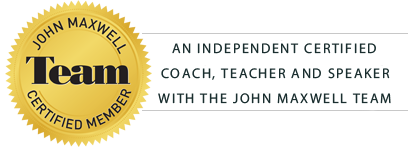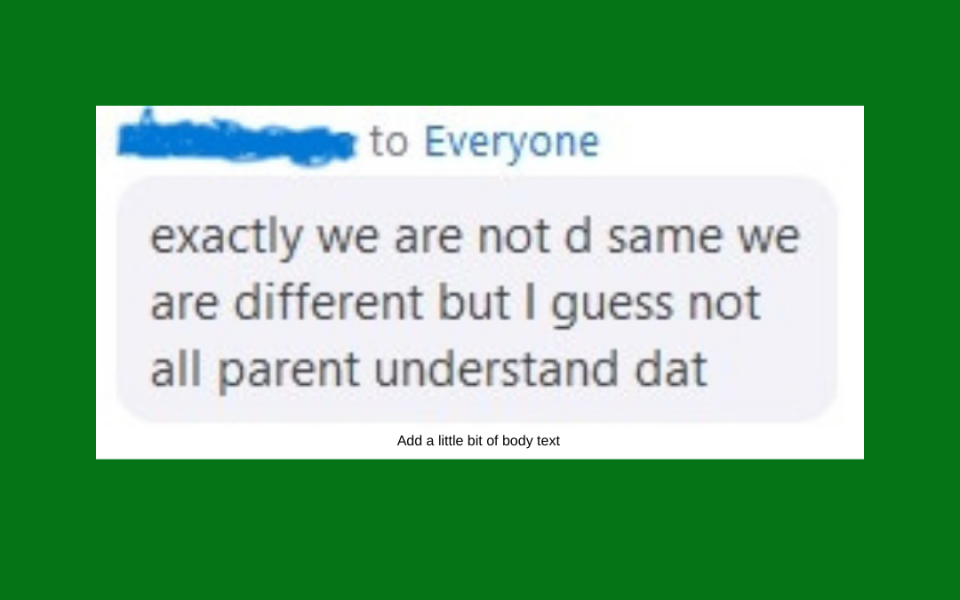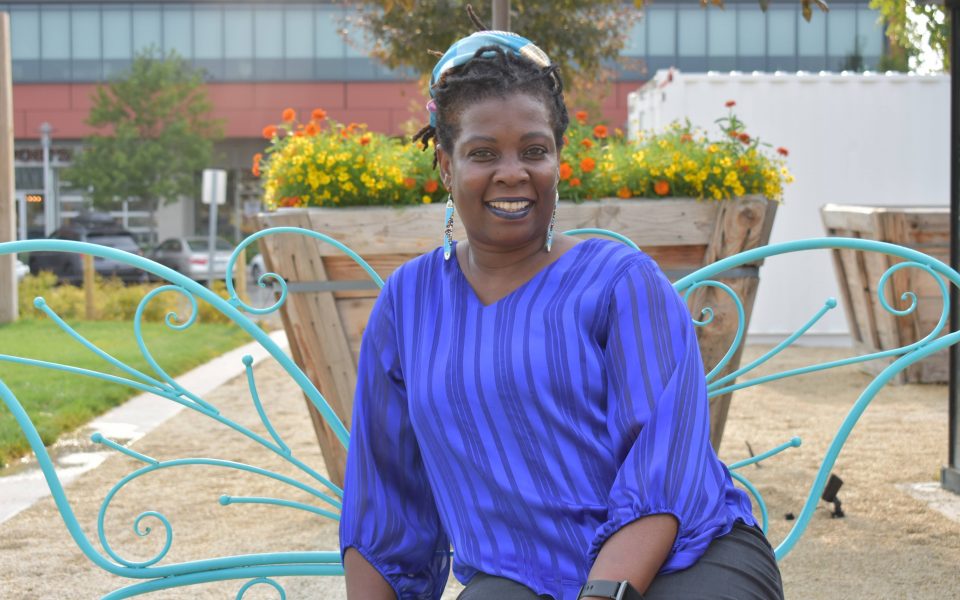Na Only You Waka Come?: Alternatives to Dissociation in the Nigerian Community
“Alone, we can do so little; together, we can do so much
– Helen Keller
When I arrived in Omaha for a job, I felt lonely and began to look for my people. Quickly, I heard the common sad story. In this case, there’d been an association once upon a time. Folks had paid dues and others had stolen them, so all had dispersed to their various homes never to congregate again. Over a decade later, people are still skittish when they hear “Nigerians Unite!”
This story is replicated in many flavors – a compatriot houses town brothers who are new to the city; then they refuse to leave even after six months of largess; another joins an organization only to be queried about his houses and cars; a third is fired from a job due to lies spread by a Nigerian colleague. These stories may suggest one should just stay away from other Nigerians.
 Unfortunately, the cost of dissociation is high both for the individual and for the nation. For the individual, it yields loneliness, isolation, and stories like the that of the elegant lady who died alone in a Paris apartment with no next of kin at hand. It prevents the establishment of a Nigerian think-tank despite having intellectuals in all disciplines in virtually every state in the US and in Europe. And it allows a band of miscreants to continue to hold 186,000,000 people hostage!
Unfortunately, the cost of dissociation is high both for the individual and for the nation. For the individual, it yields loneliness, isolation, and stories like the that of the elegant lady who died alone in a Paris apartment with no next of kin at hand. It prevents the establishment of a Nigerian think-tank despite having intellectuals in all disciplines in virtually every state in the US and in Europe. And it allows a band of miscreants to continue to hold 186,000,000 people hostage!
Thus, we must fight our preservative tendency to dissociate from other Nigerians in order to keep body, soul, and sanity. Below are some ideas:
- Generate trust: It is superfluous to say we don’t trust each other. Growing up amidst the rivalry of polygamy, religious witch-hunting, ethnic prejudices, and divide and rule leadership, does not engender trust. As such, we need to work harder to overcome inbred distrust. Thus, to stimulate trust, have a reason or purpose for associating with others. Beyond being Nigerian or Kalabari, why are you gathering together? What do you want to build, demolish, or abolish? When you don’t lay out your purpose upfront, the gathering is easily coopted by nefarious types. So, draw up a constitution, write out your mission and vision statements, and add clear goals with a timeline.
- Repress one-upmanship and its twin, bigmanism: First, associate with like-minded people of your income bracket, academic caliber, vision, or sociocultural background. In short, have two or three things in common with the group with whom you are associating. The purpose here in not to clone snubs or convert populists but to encourage diverse types of groups working for the betterment of Nigeria. Secondly, don’t play the game. For example, when a “Bigman” asks, “I hear you just bought an Escalade, did you sell your Mercedes?” respond, “Do you know how much we allocated to the hospital project?” Like a true Nigerian, answer a question with another.
- Prevent Looting: First, don’t elect as treasurer anyone you cannot pinpoint his occupation or means of income. Also, avoid avaricious types with shifty eyes who mention money in every other sentence. Secondly, have two or three signatories on the association’s account. Thirdly, conduct periodic audits of the association’s account by external parties.
- Uphold professionalism: I remember being a part of a professional organization where members who arrive late, go around the room, greeting folks loudly in their language and invariably disrupting the ongoing meeting. To avoid this kind of rudeness, set rules. What time does the meeting start? What’s the penalty for lateness? Who has the right to vote? etc. Once the rules are made, maintain them.
- Educate your members: Assume you’re a cheerleader for your association. It is therefore your responsibility to consistently energize members to the association’s mission. Sure, you all agreed to join the cause, but people forget. So, rather than stand by helplessly as an opportunist hijacks the group, remind members of your mission, often.
- Be prudent not fearful: Some Nigerian professionals dissociate for fear that someone will send armed robbers after them. Rather than bury your head in the sand as a preservative measure, mingle with prudence. Don’t take a person home based merely on a mutual membership in your town association; get to know them well. Also, protect your identity and assets.
- Reduce superficiality: Due to a lazy thinking, we tend to prefer parties over seminars. Instead, always create an agenda for your meetings that moves the business of the association forward. Also, don’t give major responsibility to a person who cannot hold a thought in their head for longer than 10 seconds. There’ll always be the party crowd, but you must build a critical mass of progressives to complete association business.
- Halt the tirades of the offended: There are those quick to take offense, fester in unforgiveness, and bristle in bitterness. If you listen to their sniveling, you’d spend eons trying to soothe their hurts or resolve their myriad grievances, both real and imagined. Rather, ask them to set aside their complaints and focus on organizational goals.
- Be flexible: When you’re devastated by challenges such as happened to the former collaboration of Africans in Omaha, be flexible enough to regroup, adapt, and reconstitute the association after removing the canker.
- Don’t stand alone: To be sure, most of us don’t have $1,000,000 to donate to our alma mater or to upgrade our natal community’s hospital. Yet, we obviously cannot leave these project to the government to accomplish. So, find like-minded comrades to run with you. As you run, toughen your hide so you don’t get disheartened and abandon the cause. A big shout out to all the parapos* that keep it going despite the foregoing. May your strength increase!
I beg, make only you no dey waka come.
*Community associations.




